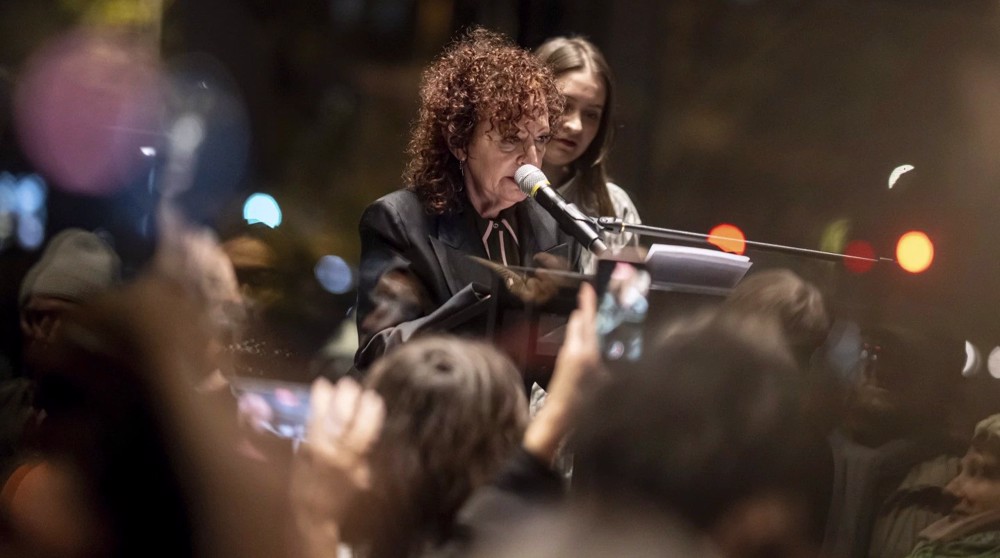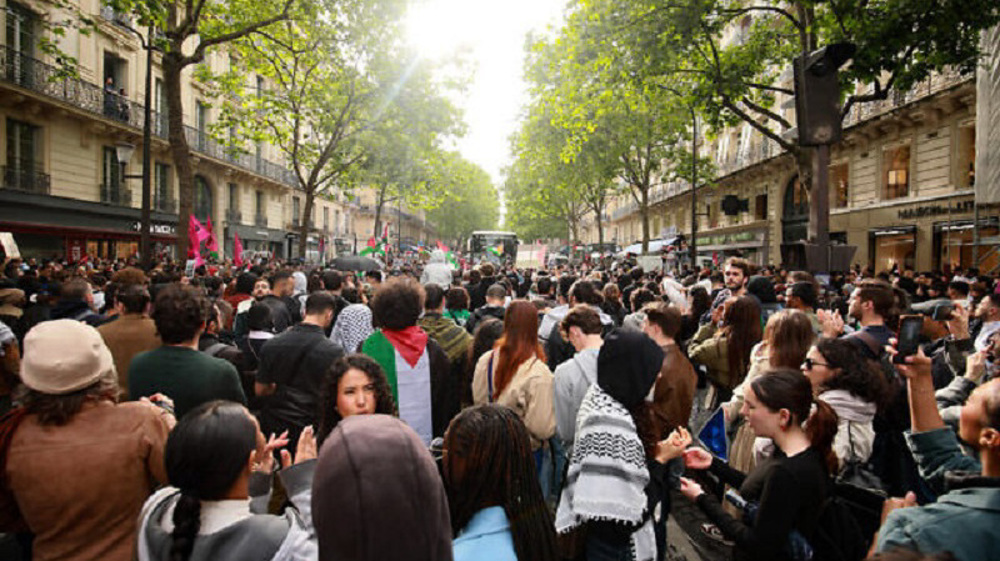Four Palestinian prisoners continue hunger strike in Israeli jails
Four Palestinian prisoners being held at different Israeli detention facilities have continued their hunger in protest against their administrative detention, with some suffering from severe health complications.
Palestinian sources, speaking on condition of anonymity, said 43-year-old Sami Janazreh Fasfous has stopped eating his food portions since March 1, and Israeli authorities have moved him between Israeli prisons in a bid to force him into ending his strike.
Israeli officials transported Janazreh, who suffers from a cardiovascular disease and low blood pressure, from Ela Prison to Soroka Medical Center in Beersheba on Friday after his health condition deteriorated.
In a similar move, Fuad Rabah Shukri Assi, 30, continued his hunger strike for the 28th day on Saturday after his detention was renewed without trial for an additional six months.
Israeli forces have reportedly resorted to searching his cell at Ktzi’ot Prison, located 72 kilometers (45 miles) southwest of Beersheba, every two hours, allowing him one visit per day to the toilet, confiscating pieces of his clothes and all electronics plus allowing him only one hour of yard time as measures to pressure Assi to give up his hunger strike.
Meanwhile, Muhammad Jamal Mafarja, 28, a resident of the northern West Bank town of Beit Liqya, entered the 28th day of his hunger strike on Saturday to express outrage over his 16-month administrative detention.
Additionally, 33-year-old Majdi Safwat Yasin entered the seventh day of his strike on Saturday. Israeli authorities detained Yasin, a Swede of Palestinian descent, at Allenby Bridge crossing earlier this month.
More than 7,000 Palestinian prisoners are currently held in some 17 Israeli jails, dozens of whom are serving multiple life sentences.
Over 500 detainees are under the so-called administrative detention, which is a sort of imprisonment without trial or charge that allows Israel to incarcerate Palestinians for up to six months.
Palestinian detainees have continuously resorted to open-ended hunger strikes in an attempt to express their outrage at the illegal and unfair administrative detention and to demand an end to the policy.
VIDEO | Press TV's news headlines
VIDEO | Palestinian women, life under Israeli violence
Hezbollah strikes Israeli bases with drones, missiles
Iran calls for action in defense of Palestinian women
VIDEO | Sydney protests demand action as Israel faces ICC warrant for war crimes
VIDEO | Arrest warrant for Israeli war criminals
Iran to host ‘important’ ECO foreign ministers' meeting in Mashhad
Wounded in Israeli strike, health of Kamal Adwan Hospital's director worsens



















 This makes it easy to access the Press TV website
This makes it easy to access the Press TV website